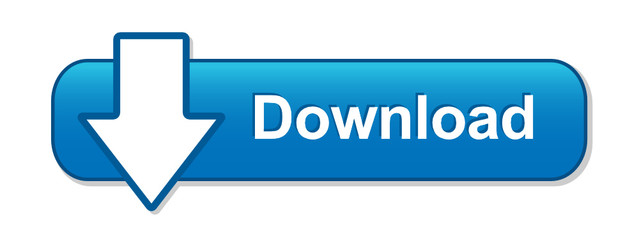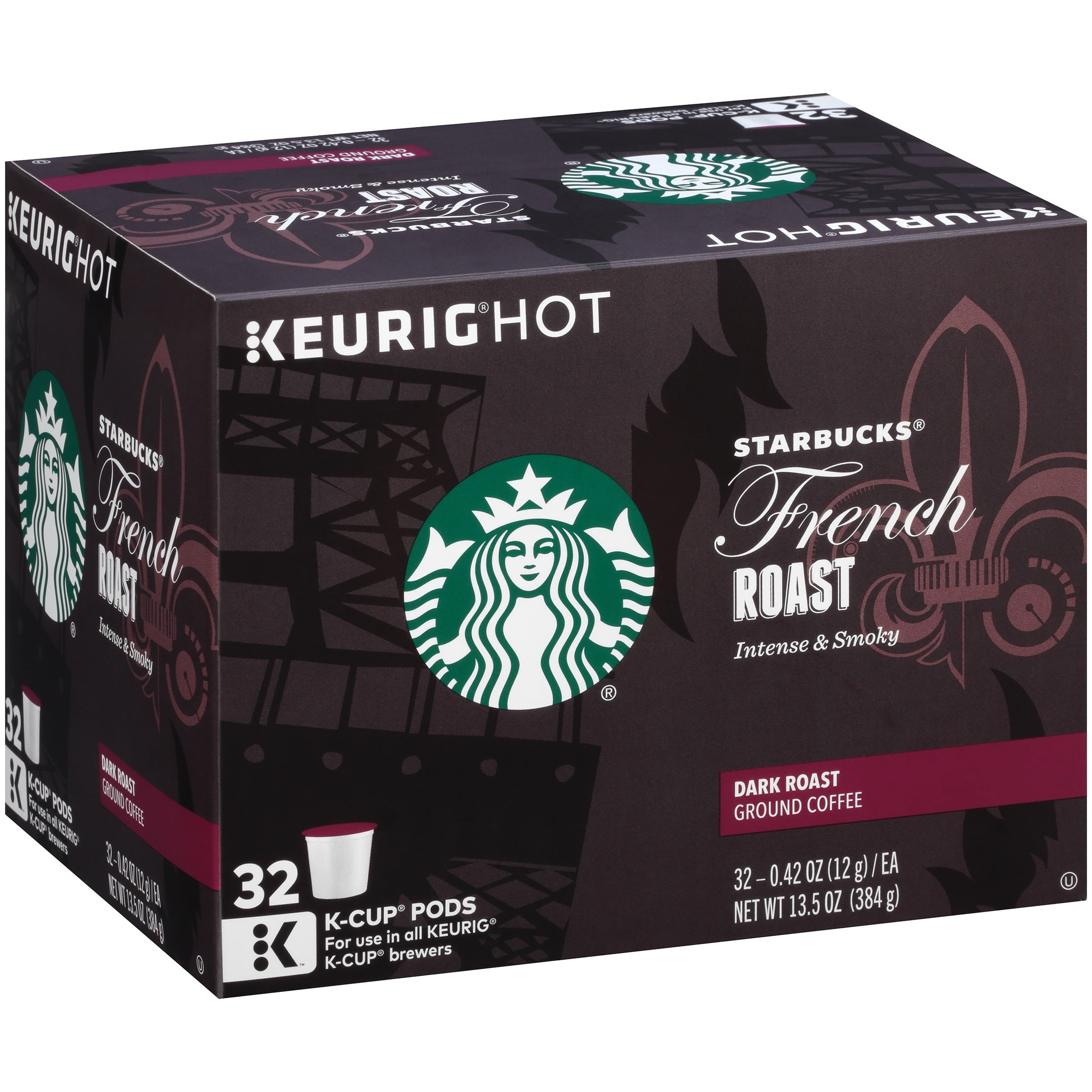
Sign in to like videos, comment, and subscribe. Watch Queue Queue. Synonym: N,1-Dimethyl-4-(Methylamino)-1H-Imidazole-5-Carbocamide Nitrate (Caffeine Impurity E Nitrate) (Caffeidine Nitrate) Empirical Formula (Hill Notation): C 7 H 13 N 5 O 4 Molecular Weight: 231.21. To better understand the association of caffeinated coffee with oral/pharyngeal cancer, we then examined intake of caffeinated coffee (no/occasional, 1–2 cups/day, 3–4 cups/day, 4 cups/day), while controlling for consumption of decaffeinated coffee and tea (yes/no); the no/occasional category comprised the referent group in these models.
adjective
(of coffee or tea) containing the natural amount of caffeine, or with caffeine added.
‘100 male volunteers consumed various amounts of caffeinated and decaffeinated coffee’
- ‘He called from the kitchen, ‘You've probably only had caffeinated tea then, right?’’
- ‘And even with caffeinated coffee, coffee in moderation is fine.’
- ‘Demand for decaffeinated coffee is growing globally because of the possible adverse health effects of caffeinated coffee, says one news source.’
- ‘Your chances of developing an irritated bladder can double if you're drinking more than four cups of caffeinated coffee each day.’
- ‘Avoid all stimulants in the evening, including chocolate, caffeinated sodas, and caffeinated teas.’
- ‘Ingestion of even a small cup of caffeinated coffee or even a caffeine pill at the same time as one eats, has been shown to ameliorate the effects of low blood pressure.’
- ‘The patients were interviewed by researchers to find out how much caffeinated coffee and cola they consumed before their heart attack.’
- ‘It is universally accepted that caffeinated tea raises metabolic rate because caffeine is a stimulant.’
- ‘Last but not least, caffeinated coffee helps improve one's reflexes.’
- ‘Cut down on the amount of coffee, tea or caffeinated sodas you consume throughout the day, and avoid them altogether in the four or five hours before bedtime.’
- ‘What we tell our patients to do is slowly decrease the amount of caffeinated beverages, whether it's coffee or tea or sodas or other soft drinks.’
- ‘Of 1000 office workers surveyed, 76% drink tea, coffee or caffeinated cola more than three times during the working day.’
- ‘The second thing, drink some coffee or another caffeinated beverage.’
- ‘However, the stress of modern life, and the prevalence of coffee and caffeinated colas, has lead people to overload on caffeine.’
- ‘I've eliminated caffeinated sodas and coffee completely.’
- ‘Avoid alcohol, coffee, or other caffeinated drinks, which can also irritate the stomach lining.’
- ‘If you almost never drink caffeine, she says, a cup of coffee or caffeinated cola might dehydrate you a little.’
- ‘So coffee is actually more caffeinated than espresso and therefore cappuccino.’
- ‘This is likely to improve his well-being and counteract the dehydration caffeinated drinks such as coffee and tea tend to induce.’
- ‘If you're trying to cut back on coffee or caffeinated beverages, do it gradually.’
Are You Learning English? Here Are Our Top English Tips
AuthorsBryan Bordeaux, DO, MPH
Bryan Bordeaux, DO, MPH
- SGIM Peer Reviewer
- Clinical Instructor in Ambulatory Care and Prevention
- Harvard Medical School
Harris R Lieberman, PhD
Crack tatkal software 2015. Harris R Lieberman, PhD https://ameblo.jp/8ciacamre-bozm/entry-12651132322.html.
- Military Nutrition Division
- US Army Research Institute of Environmental Medicine
Section EditorDavid Seres, MD
David Seres, MD
- Section Editor — Nutrition
- Director of Medical Nutrition
- Associate Professor of Medicine in the Institute for Human Nutrition
- Columbia University College of Physicians and Surgeons
Deputy EditorLisa Kunins, MD
How to fix bovada poker for mac. Lisa Kunins, MD
- Deputy Editor — Primary Care (Adult)
INTRODUCTION
Caffeinated 1 1 77 +
Caffeinated coffee and tea are the most consumed, socially accepted stimulants in the world. Approximately 90 percent of all adults in the world consume caffeine daily. In their natural forms, coffee and tea contain several chemical components that may confer both beneficial and adverse health effects, including caffeine and antioxidants (eg, polyphenols, catechins, and flavonoids).
Most of the data on the health benefits and risks of caffeine are from observational studies in which self-reported consumption of beverages and foods is associated with health outcomes. Such studies make it difficult to identify caffeine itself as the causative agent and to exclude residual confounding. Based on available data, there is insufficient evidence for promoting or discouraging regular coffee and/or tea consumption. Caffeine has multiple systemic effects on the neuropsychiatric, cardiovascular, endocrine, and gastrointestinal systems. The impact on health may be modified by genetic factors, age, sex, medications, and other environmental exposures.
This review will focus on the effects of caffeine and caffeinated beverages on specific disease processes, including insulin resistance, cancer, and all-cause mortality. Textlab 1 3 4. The specific effects of caffeine on the cardiovascular system, as well as the effects of caffeine on pregnancy, are discussed separately. (See 'Cardiovascular effects of caffeine and caffeinated beverages' and 'Nutrition in pregnancy'.)
CONSUMPTION
Caffeinated 1 1 77 Kg
Safe levels — Best punjabi songs torrent free. For most adults, consumption of up to 400 mg of caffeine a day appears to be safe [1-3]. A list of commonly consumed caffeinated beverages and average caffeine content is shown in the table (table 1).
Limited data are available about safe levels of caffeine consumption in children and adolescents. A systematic review found that intake of 2.5 mg caffeine/kg of body weight per day is not associated with adverse effects [3]. Young adults need to be cautioned about using caffeinated energy drinks in excess and not mixing them with other substances. Easel buchla arturia v v1 0 3 1268 download free. (See 'Dependence and abuse' below.)
To continue reading this article, you must log in with your personal, hospital, or group practice subscription. For more information on subscription options, click below on the option that best describes you:

Caffeinated 1 1 77 Resz
Subscribers log in here
Literature review current through: Sep 2020. | This topic last updated: Sep 24, 2020.
The content on the UpToDate website is not intended nor recommended as a substitutefor medical advice, diagnosis, or treatment. Always seek the advice of your own physician orother qualified health care professional regarding any medical questions or conditions. Theuse of this website is governed by the UpToDate Terms of Use©2020 UpToDate, Inc.
Caffeinated 1 1 77 Equals

- Tea Fact Sheet. Tea association of the USA, Inc. Available at: www.teausa.com/general/teafactsheet-updated2-10-06.pdf (Accessed on October 11, 2011).
- US Food and Drug Administration. FDA Consumer Advice on Powdered Pure Caffeine. www.fda.gov/Food/RecallsOutbreaksEmergencies/SafetyAlertsAdvisories/ucm405787.htm (Accessed on July 28, 2014).
- Carvey CE, Thompson LA, Lieberman HR. Caffeine: Mechanism of action, genetics and behavioral studies conducted in simulators and in the field. In: Sleep Deprivation, Stimulant Medications, and Cognition, Wesensten NJ (Ed), Cambridge University Press, Cambridge, United Kingdom 2012. p.93.
- Lieberman HR. Foods and Food Constituents, Effects on Human Behavior. In: The Encyclopedia of Neuroscience, 3rd ed, Adelman G, Smith B (Eds), Elsevier Science, The Netherlands 2004.
- Lieberman HR, Carvey CE, Thompson LA. Caffeine. In: Encyclopedia of Dietary Supplements, Coates PM (Ed), Informa Health Care, New York 2010. p.90.
- Griffiths RR. Principles of Addiction Medicine, Graham AW (Ed), 2003. p.193.
- Uhde TW. Neurobiology of Panic Disorder, Ballenger JC (Ed), p.219.
- American Psychiatric Association. Diagnostic and Statistical Manual of Mental Disorders, Fifth Edition (DSM-5), American Psychiatric Association, Arlington, VA 2013.
 Caffeinated 1 1 77
Caffeinated 1 1 77
UNDER MAINTENANCE




